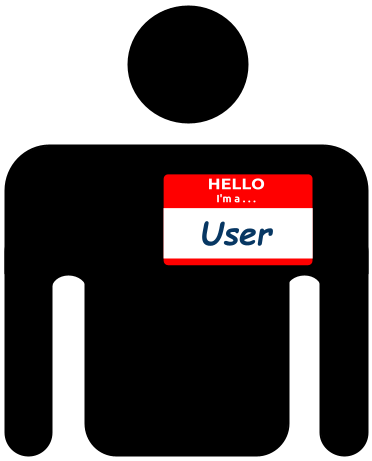In April, I wrote about subject matter experts (SMEs) and whether product managers should elicit requirements from them. Reading the entry now, I realize I was not clear enough in the point I was trying to make.
 Flatly stated, product managers generally should not rely on SMEs for requirements. Eliciting requirements means identifying the problems that prospective and existing customers face. The primary way to identify these problems is to interview and observe the prospective and existing customers themselves, not supposed experts in the industry or domain.
Flatly stated, product managers generally should not rely on SMEs for requirements. Eliciting requirements means identifying the problems that prospective and existing customers face. The primary way to identify these problems is to interview and observe the prospective and existing customers themselves, not supposed experts in the industry or domain.
 Product managers should turn to SMEs to gain an in-depth understanding of the concepts in the domain and fill in some blanks that customers miss. But SMEs are not the primary source for identifying requirements.
Product managers should turn to SMEs to gain an in-depth understanding of the concepts in the domain and fill in some blanks that customers miss. But SMEs are not the primary source for identifying requirements.
Consider a bank developing a software product to help its customers balance their checkbooks. The way to gather requirements for the product is to interview and observe the people who balance their checkbooks, not a banking representative who is an expert in accounting. To be sure, an accounting expert might help the product manager with terminology and concepts, but that in no way means she understands the typical user experience. In fact, her perceptions are likely tainted by her expertise.
Now, end users may not be the only stakeholders who determine the requirements. Some of the bank's employees may indeed be important "customers" of sorts. But they are unlikely to be SMEs.
A product manager's role is to be a messenger for the market, not a messenger for domain or industry experts.
Consider a bank developing a software product to help its customers balance their checkbooks. The way to gather requirements for the product is to interview and observe the people who balance their checkbooks, not a banking representative who is an expert in accounting. To be sure, an accounting expert might help the product manager with terminology and concepts, but that in no way means she understands the typical user experience. In fact, her perceptions are likely tainted by her expertise.
Now, end users may not be the only stakeholders who determine the requirements. Some of the bank's employees may indeed be important "customers" of sorts. But they are unlikely to be SMEs.
A product manager's role is to be a messenger for the market, not a messenger for domain or industry experts.
Comments